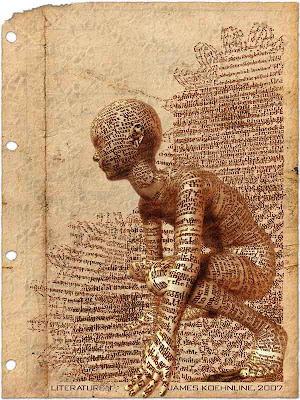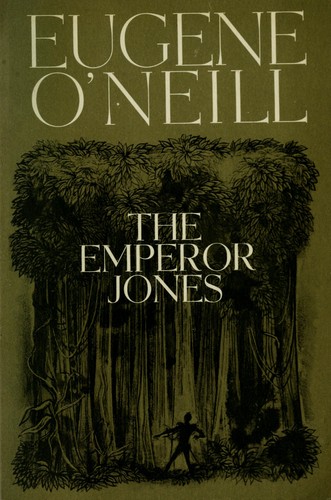
Terry
Eagleton’s essay “What is Literature” consists more of what literature is not
or can not be than what it actually is. He talks about the various definitions
of literature which already exist and then goes on to contradict these
definitions, thus proving that literature is far from something tangible or
definitive. So how do you define something which has no boundary?
Eagleton
attempts to help us understand by using interesting and relatable examples
throughout his essay. The part which I liked the most in the essay was when he
talks about the common understanding that literature is anything “non-pragmatic”.
He says
that poems, stories, plays can be written by the the writers “non-pragmatically”
but that does not mean the readers will always take them as they’re cooked up
to be. What he means by this is that a lot of times, the work of a writer may
be taken more seriously than it was intended, or maybe read for some other
reason than entertainment. People don’t just gain knowledge and information
from science books or the usual academically relevant textbooks. Novels,
poetry, plays and other texts carry a lot of information too and these texts
can a lot of times be read simply to gain more insight about the particular time
it was written in or maybe some aspect of it which might be relevant for
knowledge, general as it may or may not be. However, the writer could have just
written it for entertainment purposes.
Take
Percy Jackson series by Rick Riordan. While reading the series, I also got to
know a lot about Greek mythology. I actually know people who have read the
series not because they like fiction or supernatural books but because they are
into Greek mythology and wanted to learn more about it. So this way, if we
start considering literature as a type of writing which is “non-pragmatic”, we
might as well stop considering the Percy Jackson series as fiction because a
lot of readers have turned to it for purely pragmatic reasons, that is, to gain
more insight into Greek mythology and Greek Gods. But obviously, just because
the way different readers regard the text differently, it does not cease to be
literature. That would be ludicrous. So in a similar way, it is also very much
possible that a piece of writing which was initially meant to simply provide
information turns out to be literature.
“Some texts are born
literary, some achieve literariness, and some have literariness thrust upon
them”
This way, Eagleton manages
to debunk the belief that literature is something “non pragmatic”. Instead, he
mentions that literature can be anything and everything a reader makes it out
to be. The power then lies not in the hands of who creates the text but the
ones who read it. According to him, it is not possible to just assign specific,
inherent features to literature and call it a day. Nope, it is way more complex
than that.
Eagleton then mentions John M. Ellis’s comparison of literature as “weed”.
No, not the kind you think but the annoying, non-specific weed which seems to
grow everywhere and is just impossible to get rid of, in general. You can’t
pinpoint it to a specific plant (no, I’m serious. Weed is NOT a specific plant)
and it is very unwanted, usually. Eagleton makes sense of this statement by saying
that perhaps literature is the same but in the opposite way. It can come from
anywhere and everywhere (much like weed) but it is taken to be different things
because it is valued so highly by the readers.
All in all, this section of the essay mainly revolves around how
literature can not be seen within the defined boundaries of practical and
on-practical. It is way too vague to be just given a simple label like that.
Instead, it is much like the weed. A functional term rather than plainly an
ontological term.
The rest of the essay was good to read but I found this section to be
the most informative, interesting and straight forward.
To read the full essay, check out the link http://www.dartmouth.edu/~engl5vr/Eagle1.html

